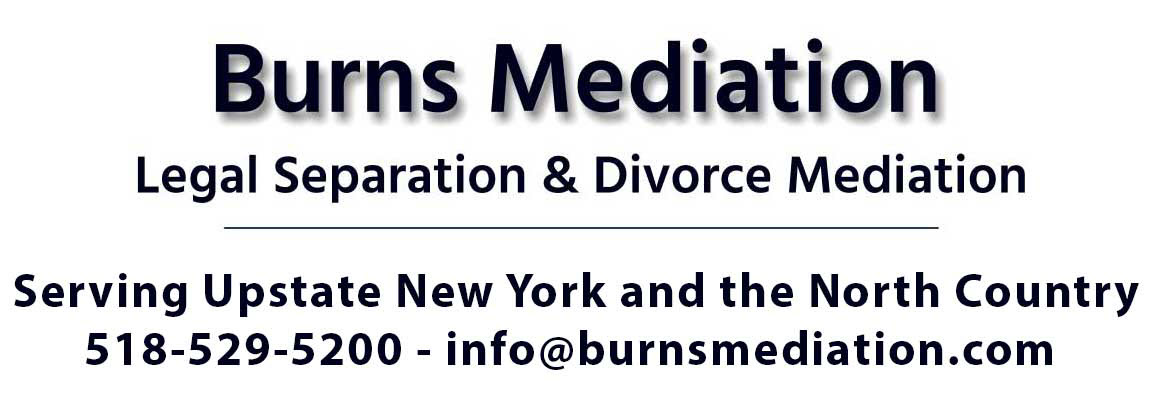Why You Should Have a “Cohabitation Agreement”
{2:42 minutes to read} If a married couple in New York ends their relationship, the Equitable Distribution Law determines how they will divide any of the assets and liabilities acquired during the marriage. There are also laws that help determine how they will each support themselves and how they will support and parent any children they might have together.
If that same couple lives together but does not get married and then ends their relationship, the ownership of any assets or liabilities they acquired together are based solely on who has the title. Joint assets are assumed to be owned and divided equally regardless of how much each person contributed to that asset. The only other laws that will apply are those related to the parenting and support of any children they might have had together.
For example:
- If a married couple buys a house together and their marriage ends, each of them has a claim to the equity in the house, even if only one name is on the deed.
- If an unmarried couple buys a house and only one of them is on the deed, that person owns the house and would be entitled to all the equity, regardless of how much the other person paid towards the purchase price or any contributions he/she made towards the house during the time they were living in it together.
Or:
- If a married spouse decides to leave his/her job in order to stay home and raise any children, that spouse would be entitled to spousal support for the time it will take him/her to obtain the skills and training he/she might need to re-enter the workforce.
- An unmarried person that left the workforce to raise a child has no legal claim to receive support from the other person, except perhaps for child support.
Because of these and many similar issues, I believe it is wise that a couple intending to live together but not marry have a “Cohabitation Agreement.”
In Part 2, I will outline what the agreement should contain and how you might want to create it.
Share with Friends:
Need More Information?
To schedule a free phone or video consultation, complete and submit the form below, email us at [email protected], or call 518-529-5200.






